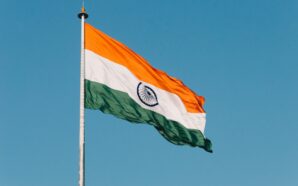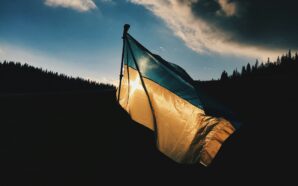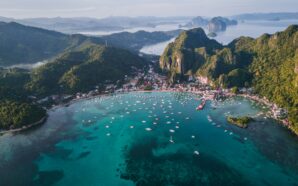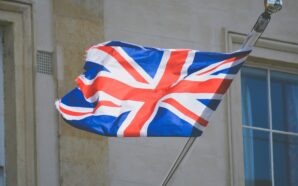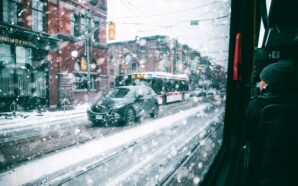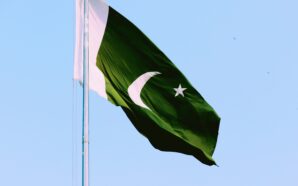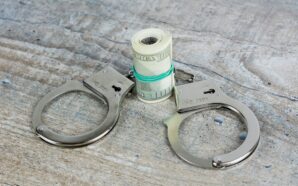

(Photo: caffeinesolution.com)
Stop taking coffee for granted
Reports indicate that 60% of the world’s coffee species could soon go extinct including liberica, canephora, and arabica. These species are in danger of going extinct with a combination of the high rate of consumption, deforestation, droughts, climate change, and diseases.
Coffee plants need a very specific environment in order to thrive but increased rainfall and rising temperatures resulted in ideal coffee but now grow spots inhospitable for the plant along with heavy deforestation. If these combined factors continue over time, coffee could be extinct in 10 to 20 years.
These conditions could also compromise the quality of coffee and could also rise in price due to scarcity. Scientists studying the possible extinction of coffee say that the solution to this issue is to protect the species and stockpile the seeds. This responsibility lies in the commercial producers and government regulation.
The most popular species of coffee, arabica, is currently recognized as an endangered species with some studies showing it might go completely extinct in approximately 60 years.
There are 124 types of coffee, with 75 species being at risk for extinction. The less popular types of coffee play an important role as species diversity allows for more genetic modification. GMO coffee might sound bad but it actually gives coffee species the chance to become more resistant to poor climate conditions and pests.
Sourcing coffee is also difficult and expensive to grow in artificial environments, making protecting wild populations top priority. Ethiopia recently designated three new protected areas for arabica coffee but reports indicate the most threatened crops in Tanzania and Madagascar.
One way to fight the extinction of coffee as a consumer is to be informed about where the coffee you’re buying is sourced and to buy beans from protected regions.
Celebrating The 50th Anniversary Of Earth Day
First-Round Picks For The 2020 NFL Draft
-
Mumbai Takes the Throne for the Most Billionaires in Asia In a historic milestone, Mumbai has overtaken Beijing to...
-
French President Emmanuel Macron emphasized the need for Western powers to remain vigilant in the face of the Ukraine...
-
The Philippines has strongly denounced what it described as “unprovoked acts of coercion and dangerous maneuvers” by China in...
-
As Moscow Prepares to Bid Adieu, Navalny’s Funeral Raises Uncertainties and International Allegations The spokesperson for Alexei Navalny has...
-
On the two-year anniversary of the ongoing conflict between Ukraine and Russia, there is much to reflect upon. Since...
-
The Office for National Statistics (ONS) released official figures on Wednesday, revealing that the United Kingdom posted a record...
-
Greece has become the first Christian Orthodox-majority country to legalize same-sex marriage, marking a significant step forward for LGBTQ+...
-
Massive Deflation in China as CPI Plummets by 0.8% China faces mounting challenges as its consumer prices spiral deeper...
-
3 Days of Consecutive Snowing Has Wreaked Havoc on Transportation As China prepares to celebrate the Lunar New Year,...
-
Rapid Growth in Electric Cars Propels China to The Forefront of Global Vehicle Exports China has surpassed Japan as...
-
Pakistan’s Political Landscape Suffers a Shift Following Khan’s Sentencing Former Pakistani Prime Minister Imran Khan and his wife, Bushra...
-
Probe Raises Questions About PSG’s 2017 Deal and Political Involvement. French authorities have launched an investigation into allegations...



